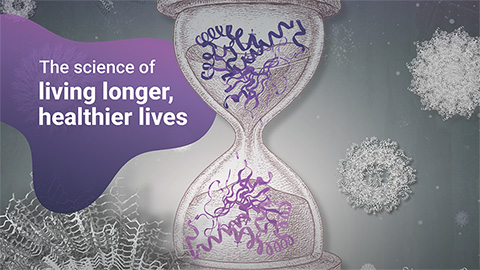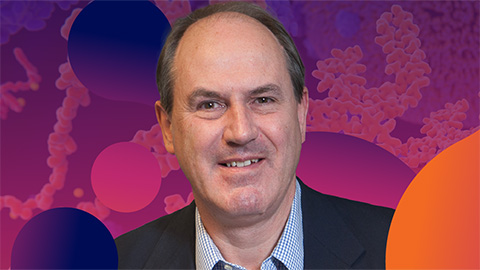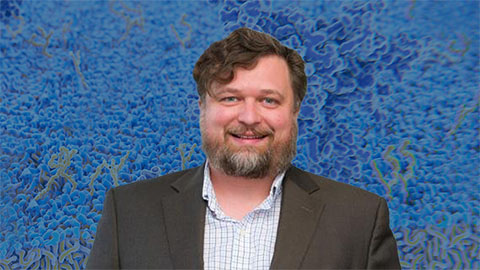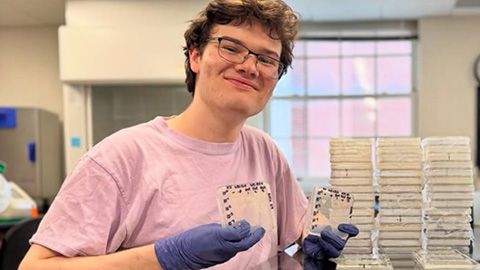In memoriam: Clark Bublitz
Clark Bublitz, a metabolic enzymologist and a member of the American Society for Biochemistry and Molecular Biology since 1963, died Feb. 23. He was 94.

Born Dec. 8, 1927, in Merrill, Wisconsin, he was the son of Clark and Florence Bublitz. He attended the Pillsbury Military Academy in Owatonna, Minnesota, then joined the Army near the end of World War II and was stationed in Rome.
After the war, Bublitz earned a Ph.D. in biochemistry from the University of Chicago, and then he spent a year as a postdoctoral fellow at the Max Plank Institute in Germany where he worked with Feodor Lynen, who later shared the 1964 Nobel Prize in physiology or medicine.
Bublitz joined the faculty at the Johns Hopkins School of Medicine as an assistant professor. While at Hopkins, he met Deborah Keirstead, then a medical student. They were married in 1958. Bublitz spent a year at St. Louis University in Missouri before moving to the University of Colorado Medical Center in Denver, where he remained until his retirement.
Bublitz studied enzymes involved in metabolism in the rat liver, beginning in the 1950s with enzymes that phosphorylate glycerol. He later focused on L-gulonate, a six-carbon metabolite that is an important intermediate between glucose and the pentose phosphate pathway. In the 1960s, collaborating frequently with Albert Lehninger, he studied the conversion of gulonate into ascorbic acid, or vitamin C.
Bublitz was an enthusiastic hiker, tennis player and Green Bay Packers fan. He is survived by his wife, Deborah; five children, Nancy Dyer, Susan Schooleman, Philip Bublitz, Caroline Emsermann and Elizabeth Bublitz, and their spouses; and eight grandchildren.
Enjoy reading ASBMB Today?
Become a member to receive the print edition four times a year and the digital edition monthly.
Learn moreGet the latest from ASBMB Today
Enter your email address, and we’ll send you a weekly email with recent articles, interviews and more.
Latest in People
People highlights or most popular articles

Decoding how bacteria flip host’s molecular switches
Kim Orth will receive the Earl and Thressa Stadtman Distinguished Scientists Award at the ASBMB Annual Meeting, March 7–10, just outside of Washington, D.C.

Thiam elected to EMBO
He was recognized during the EMBO Members’ Meeting in Heidelberg, Germany, in October.

The timekeepers of proteostasis
Learn about the cover of the winter 2026 ASBMB Today issue, illustrated by ASBMB member Megan Mitchem.

Defining JNKs: Targets for drug discovery
Roger Davis will receive the Bert and Natalie Vallee Award in Biomedical Science at the ASBMB Annual Meeting, March 7–10, just outside of Washington, D.C.

Building better tools to decipher the lipidome
Chemical engineer–turned–biophysicist Matthew Mitsche uses curiosity, coding and creativity to tackle lipid biology, uncovering PNPLA3’s role in fatty liver disease and advancing mass spectrometry tools for studying complex lipid systems.

Summer research spotlight
The 2025 Undergraduate Research Award recipients share results and insights from their lab experiences.
